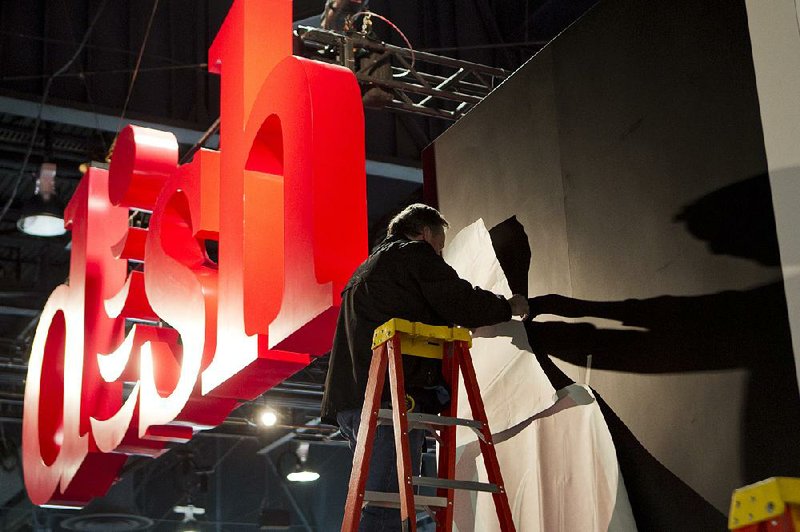Dish Network on Monday announced a $25.5 billion bid for Sprint Nextel, challenging an offer by Japan’s SoftBank for the nation’s third-largest wireless carrier.
The cash-and-stock deal offers Sprint’s shareholders a 13 percent premium compared with SoftBank’s offer in October and would provide consumers the option of bundling satellite television, home Internet and wireless service, Dish Chairman Charlie Ergen said in a conference call.
The bid is the latest in a string of deals in the telecom industry as cable, satellite and wireless service providers scramble to meet a demand by consumers to watch video, surf the Internet and communicate on any deviceat any time and anywhere.
For Dish, that means fortifying its satellite and broadband-to-the-home business-es to offer a one-bill provider of wireless services too.
Consumers have “two necessitates in life: food and shelter,” Ergen said. “But after that you probably get to your mobile device and your TV as three and four … you want to be able to be connected no matter where you are and you want to be able to watch your television no matter where you are.”
Sprint confirmed it received the unsolicited bid. It said its board of directors will “evaluate this proposal carefully and consistent with its fiduciary and legal duties. The company does not plan to comment further until the appropriate time.”
Softbank did not immediately respond to a request for comment.
If accepted, the Dish merger proposal would be reviewed bythe Federal Communications Commission and by antitrust regulators. Softbank’s offer has the additional regulatory hurdle of a foreign-ownership review.
Analysts said the deal may be viewed favorably by regulators who want more competition for the biggest carriers, Verizon Wireless and AT&T, which have more than 60 percent of all U.S. wireless contracts.
“My first take is that the Dish offer is stronger than Softbank’s both strategically and financially, and will force Softbank to strengthen its offer if it wants to win Sprint,” said Informa analyst Mike Roberts.
Ergen noted Sprint’s value proposition as the only carrier with unlimited data plans. He described Dish and Sprint as firms that offer better deals for consumers compared with incumbent cable and wireless firms.
Dish said that it would offer $17.3 billion in cash and $8.2billion in stock for the nation’s third-place carrier and that its proposal was “superior” to Softbank’s $20.1 billion proposal for about 70 percent of Sprint Nextel Corp.
Dish, based in Englewood, Colo., is the nation’s third largest video subscription service with 14 million customers. Sprint had 55 million customers of its prepaid and subscription services at the end of 2012.
The merger would immediately expand Dish’s customer base, and the company said it would begin to market satellite services to those users. But most attractive is Sprint’s airwaves, a powerful swath of spectrum with a national footprint. Those airwaves will be used for cellular and mobile data services.
In a swirl of merger activity, Verizon Wireless on Monday also announced a $1.5 billion bid for spectrum owned by Clearwire, according to media reports. Sprint is a 51 percent owner of Clearwire and is inthe process of buying the remaining stake.
Dish’s foray into wireless marks the latest gamble for a maverick firm known for its big bets and secretive profile.
The satellite firm, launched in 1980 with Ergen selling satellite dishes out of the back of his truck, is known as an aggressive underdog in the high-risk communications industry. A former professional blackjack player, he has made major wagers on nascent technologies that have challenged the incumbent phone and cable businesses.
Analysts, however, say satellite Internet to the home can’t compete with higher speeds being offered by cable and landline fiber service operators.
The success of his satellite television business, offered at lower prices than many cable plans, has built a healthy cash reserve. Ergen tapped those funds for the purchase of bankrupt Blockbuster, which has largely been seen as a disappointing investment.
Business, Pages 25 on 04/16/2013

